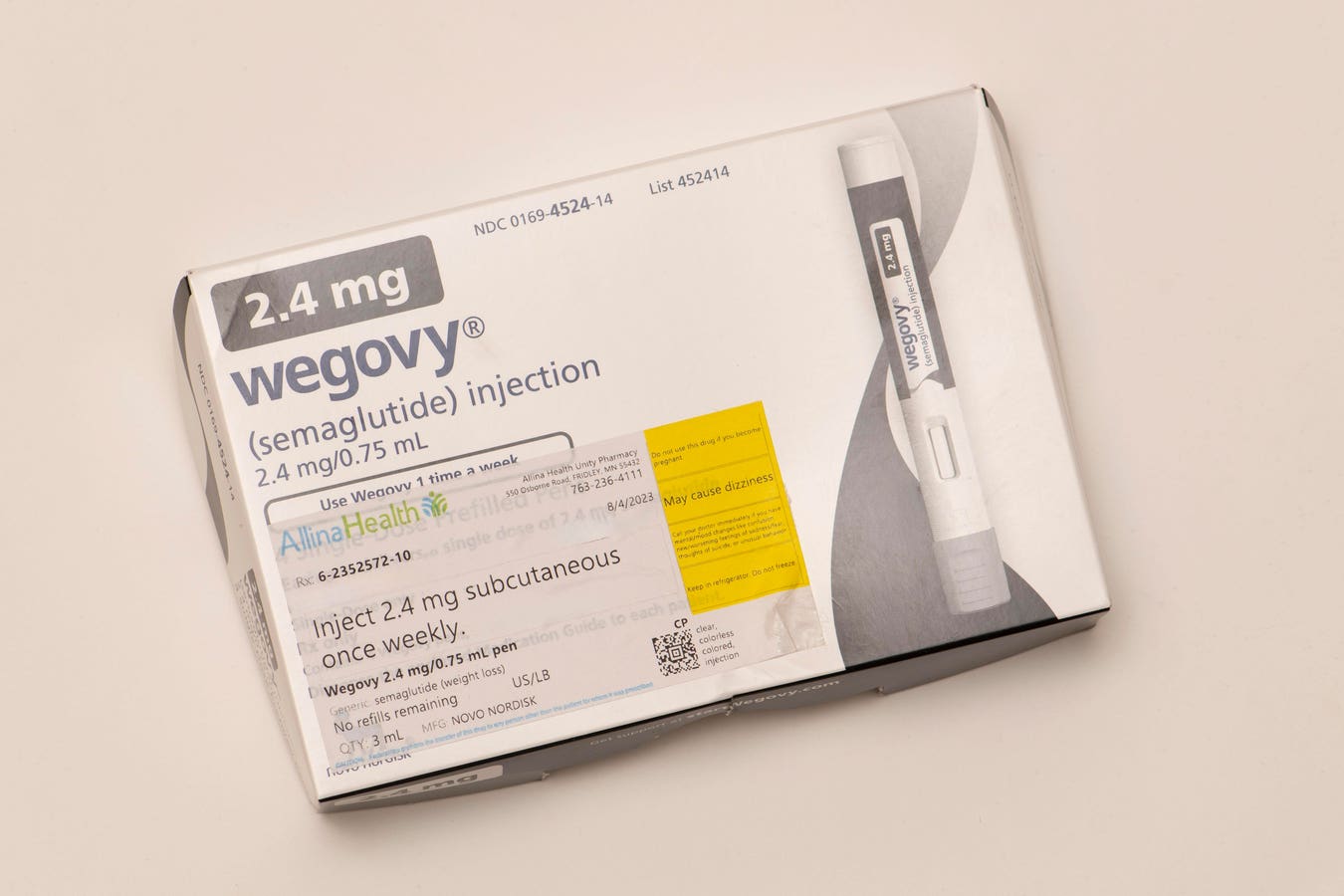If you heard that there were new drugs available that could reduce the incidences of a variety of cancers, you would be thrilled. If you heard that these drugs also reduced cardiovascular disease, you would be amazed. If you then heard that insurance companies would not pay for these drugs, you would be justifiably outraged. But this couldn’t happen in the U.S. healthcare system – could it?
Actually, it has. Let’s take cancer. Data from the CDC indicate that there are 13 cancers related to obesity including breast (post-menopausal women) colon, kidney, liver and pancreas. How can obesity cause cancer? Obesity can cause physiological changes including long-lasting inflammation and higher than normal levels of insulin, insulin-like growth factor, and sex hormones – all of which increase the risk of cancer. The more excess weight a person carries and the longer a person is obese, the higher the cancer risk.
When people talk about the impact of obesity on one’s health prognosis, the focus is usually on the increase in the risk of diabetes, hypertension, heart attacks and strokes. But, the impact on cancer rates is just as real. Furthermore, the U.S. population continues to get more obese. This is not people simply being overweight. These are people who have a body mass index in excess of 30. To put this into perspective, a 5-foot-9 male weighing 203 pounds or a 5-foot-6 woman weighing 186 pounds has a BMI greater than 30. According to the CDC, a stunning 42% of us exceed this threshold.
For years the inexorable increase in obesity seemed hopeless to control. However, with the advent of the glucagon-like peptide 1 agonists Wegovy (generic name semaglutide) and Zepbound (generic name tirzepatide), we now have available drugs that can reduce weight on the order of 15% (Wegovy) and 20% (Zepbound). These results are on a par as to what is seen by patients who undergo bariatric surgery.
Furthermore, the makers of Wegovy, Nova Nordisk, showed in a landmark study called SELECT that this drug reduced heart attacks by 28% among patients already taking statins, cardiovascular-related deaths by 15% and strokes by 7%. (The makers of Zepbound are running a similar study, but it takes at least four years and has yet to be completed.) The impact on reducing cancer rates will require even longer term studies, but reducing obesity in the U.S. population can only help. Given these results, it is hard not to hail these as miracle drugs which will likely have a bigger impact on healthcare than any class of drugs yet discovered.
One would think that these data would spur healthcare systems into making a major push in reducing obesity across the U.S. by getting these drugs to as many obese patients as possible. That’s not happening. The major resistance to date has been due to the list price of these drugs with Wegovy at $1,349/month and Zepbound at $1,059/month. Insurance companies have been reluctant to pay for these drugs given not just these prices but also the huge population these drugs will serve and the fact that people will need to stay on these medicines for the rest of their lives. This will be an expensive endeavor. But, given the enormous impact of obesity on multiple diseases, this condition costs the healthcare system more than $200 billion a year. Furthermore, competition between Wegovy and Zepbound will likely drive the net price—the price actually paid for the drug by insurers—by hundreds of dollars.
These drugs can reduce cardiovascular disease and cancer, thereby extending the lives of millions of Americans. Ultimately, these drugs will also lower the nation’s healthcare bill. They should be made available to all who need them. Insurance companies should make this happen as soon as possible.
Disclosure: John L. LaMattina is the former president of Pfizer Global R&D and is the author of three books including, Pharma & Profits: Balancing Innovation, Medicine, and Drug Prices.
Read the full article here





